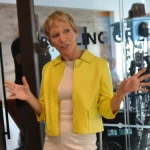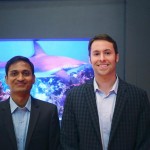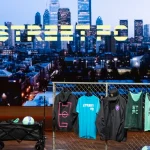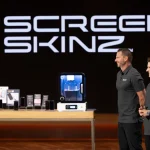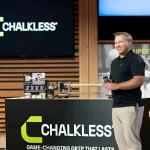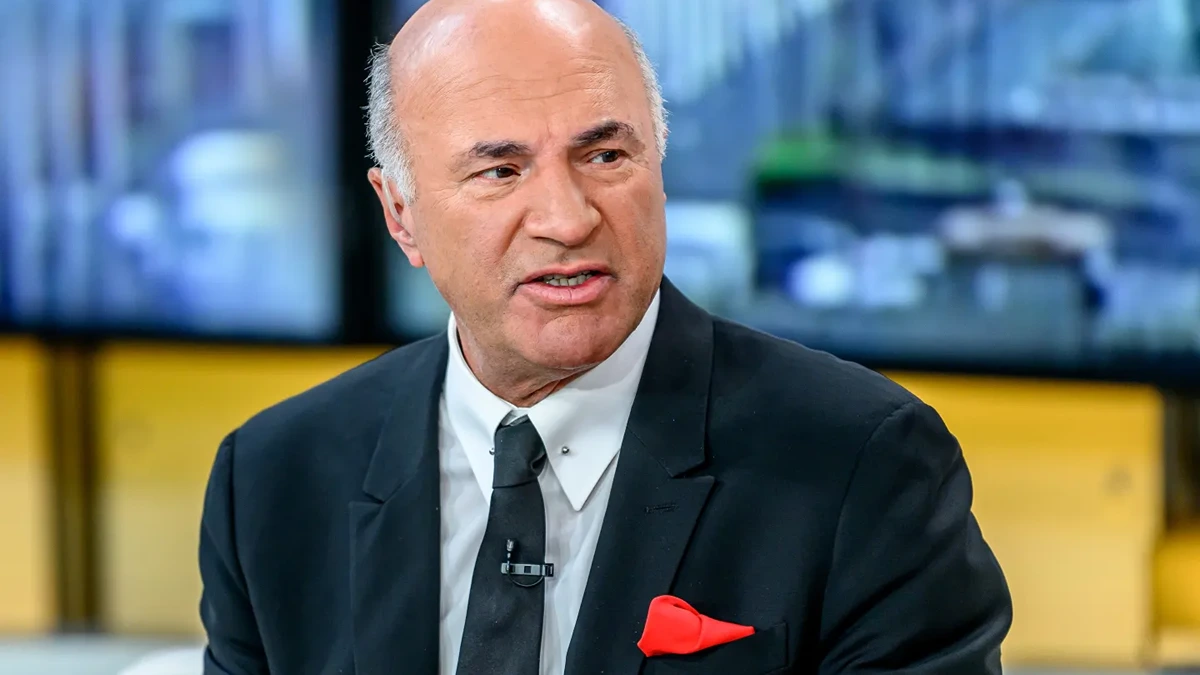
According to recent coverage, Kevin O’Leary, entrepreneur-investor and TV personality on Shark Tank, issued a stark warning to the younger generation. One particular career path that many believe to be “safe,” he argues, is actually a “slow drift into hell on Earth” and could, in his view, leave you less employable for life.
Specifically, he referred to working in large consulting firms and staying in them for two years or more. His quoted line: “Look, if you want to drift into hell on Earth, stay 24 months in a consulting firm and you are tainted meat for the rest of your life.”
In short, what many see as a “safe,” prestigious job is consulting in a big firm. He views it as a trap for Gen Z that undermines longer-term employability.
Why Gen Z Might Consider It “Safe”
To understand O’Leary’s warning, first look at why this job path seems secure to many young professionals:
- Big consulting firms (e.g., the “Big Four”, management consulting, strategy firms) offer prestige, strong starting salaries, professional structure, and high visibility.
- For Gen Z entering the workforce in uncertain economic times, a path with an established brand name, training programs, mentoring and networking seems like a safe bet.
- The idea of a stable career with clear progression, international travel, learning opportunities, and brand leverage appeals to early-career job seekers.
So it’s understandable why many Gen Z’ers gravitate toward these roles. As they tick many boxes: reputation, skill-building, paycheck, “safe” loop.
Kevin O’Leary’s Harsh Take on Consulting Careers
Kevin O’Leary argues this “safe” job is in fact risky, and here are the key elements of his critique:
- Stagnation and Career Labelling: He suggests that staying too long in a consulting firm can become a negative signal. That means you might be pigeon-holed as a typical consultant rather than a talented, versatile professional.
- Skills Mismatch: His view implies that these roles may not equip you with the broad, differentiating skills that employers will value later. Instead, you may develop specialized or process-oriented skills rather than leadership, product, entrepreneurial or deep domain expertise.
- Employability Risk: The warning isn’t merely about job dissatisfaction. Mr. Wonderful asserts that long tenure in the wrong “safe” role can make your resume less employable in other careers or contexts.
- Opportunity Cost: The time spent in what he considers a “safe” but limiting path could mean missed opportunities for growth, innovation, entrepreneurship or becoming indispensable.
In effect, O’Leary’s message is: “Don’t let the allure of safe employment blind you to the long-term cost of being stuck in a role that might hurt your future options.”
What This Means for Gen Z — Realities & Reflections
For the generation entering or early in their careers, the implications of his warning deserve unpacking.
1. Evaluate “Safe” vs “Growth”
Safe jobs often offer security, structured learning and recognizable names on your resume. But growth-oriented jobs may pull you out of comfort zones, demand risk, but yield skills and experience that differentiate you. O’Leary’s point is: sometimes the “safe choice” is the one that limits future mobility.
2. Think Resume Trajectory
Brand-name firms look great on a resume — but if you stick too long in a generic role without differentiating yourself, you may become a “consultant among many,” rather than someone with standout accomplishments. This matters when switching industries or roles.
3. Balance Stability with Skill Building
Gen Z is already working in a volatile market: automation, remote work, gig economy disruption, and economic uncertainty all loom. In that context, stability alone isn’t enough — building adaptable, future-proof skills is key.
4. Defining Your Own “Safe”
O’Leary’s view is extreme (he uses “unemployable”). You don’t have to reject stable jobs outright, but you need to ask:
- Am I learning something unique?
- Am I distinguishing myself?
- Will I be valued in five or ten years outside of this firm?
- Am I building network, leadership, product or domain skills rather than just process tasks?
Counterpoints & Nuances
No commentary is complete without caveats. O’Leary’s remarks are dramatic and contain broad generalizations — here’s what to keep in mind.
- Consulting Can Be Valuable: Many professionals say consulting provides excellent training, exposure to varied business problems, network development and can be a launchpad for future leadership, industry roles or entrepreneurship. One commenter noted:
“Spending 2 years in consulting will not make you ‘tainted meat’, but likely will make you sharp, if you know when to get in, what to learn, and when to leave.” - Individual Variation Matters: The outcome depends on the firm, role, your agency, how you leverage the experience and when you transition. Not all consulting roles are the same — and not all employees are passive.
- Safe Doesn’t Mean Forever: The “safe job” category is changing: job security itself is less guaranteed; hence, the priority should be on skill resilience and adaptability.
From Advice to Action: What Gen Z Can Learn
Based on the discussion, here are some practical takeaways for younger professionals navigating career decisions:
- Define Your 5- and 10-Year Goals: Rather than just asking “Is this safe?”, ask “Will this get me where I want to be in five years?” and “Does it keep options open for ten years?”
- Audit Your Learning Curve: At each stage (job, role, company), ask:
- What new skills am I gaining?
- Am I still comfortable or increasingly challenged?
- Am I building something (product, process, business outcome) or just executing tasks?
- Build a Portfolio of Value: Create demonstrable achievements, not just job titles. This might be launching an initiative, creating a product, leading a team, or solving a hard problem. These portfolio elements will matter when switching or advancing.
- Network & Personal Brand: Even in “safe” firm roles, you should be building your network, side projects, thought leadership, or skill enhancement. Don’t let the role define you — define your role in the context of future movement.
Conclusion
Kevin O’Leary’s provocative statement that a popular “safe job” could make you unemployable is intentionally extreme. Yet it works like a wake-up call for the generation that doesn’t confuse safety with long-term advantage.
In a dynamic, uncertain job market, what matters most isn’t only job brand or salary, but whether you’re building skills, distinctiveness and future options.




